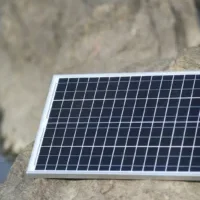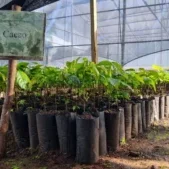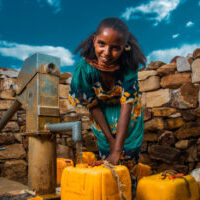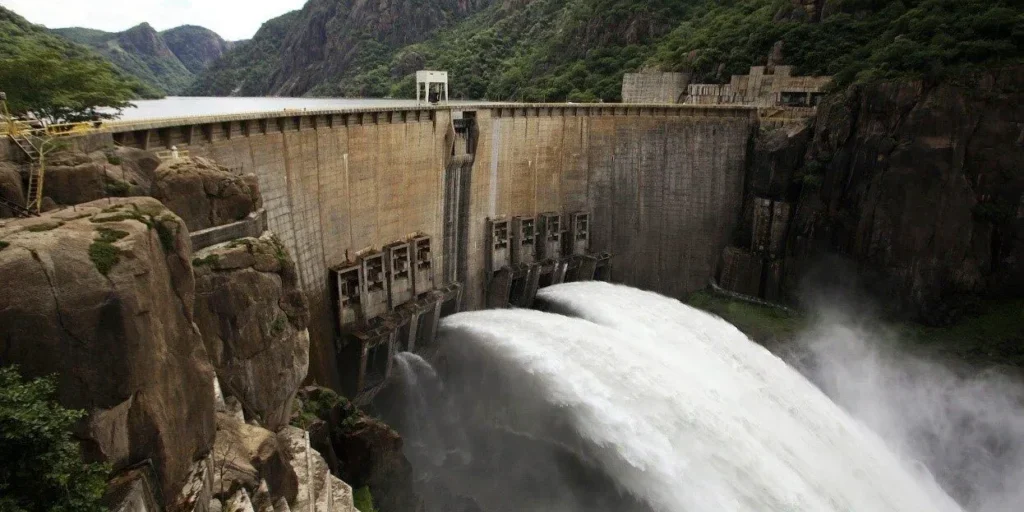
Rwanda Energy Sector: Powering growth through innovation and renewable solutions
As Rwanda shifts from aid to trade, it is increasingly positioning energy as a key enabler of sustainable economic development. With a population of over 12 million, 80% of whom live in rural areas, the country presents unique challenges and huge potential for investors in both on-grid and off-grid solutions.
Energy access in Rwanda: Bridging the Urban-Rural Divide
As of 2020, approximately 52.2% of Rwandans had access to electricity, split between 38% on-grid and 14% off-grid connections. However, when evaluated against international standards for reliable access, actual usable access is closer to 49%. In rural areas, limited grid infrastructure and low purchasing power make off-grid solutions vital. Rwanda aims to reduce reliance on traditional biomass cooking from 98% to 42% by 2024, which is an ambitious target that underscores the urgent need for investment in clean cooking technologies.
Why Invest in Rwanda’s Energy Sector
With a clear and ambitious roadmap to achieve universal electricity access by 2024, The country offers high potential in emerging areas such as off-grid electrification, solar energy, and clean cooking solutions. As Rwanda’s population and industrial base continue to grow, so does the demand for reliable and sustainable energy. Investors benefit from a supportive regulatory environment, shaped by strong collaboration between the government and international development partners. Additionally, Rwanda’s integration into the East African Power Pool enhances access to broader regional markets, further strengthening its position as a gateway for energy investment in the region.
On-Grid Electrification: Upgrades and Opportunities
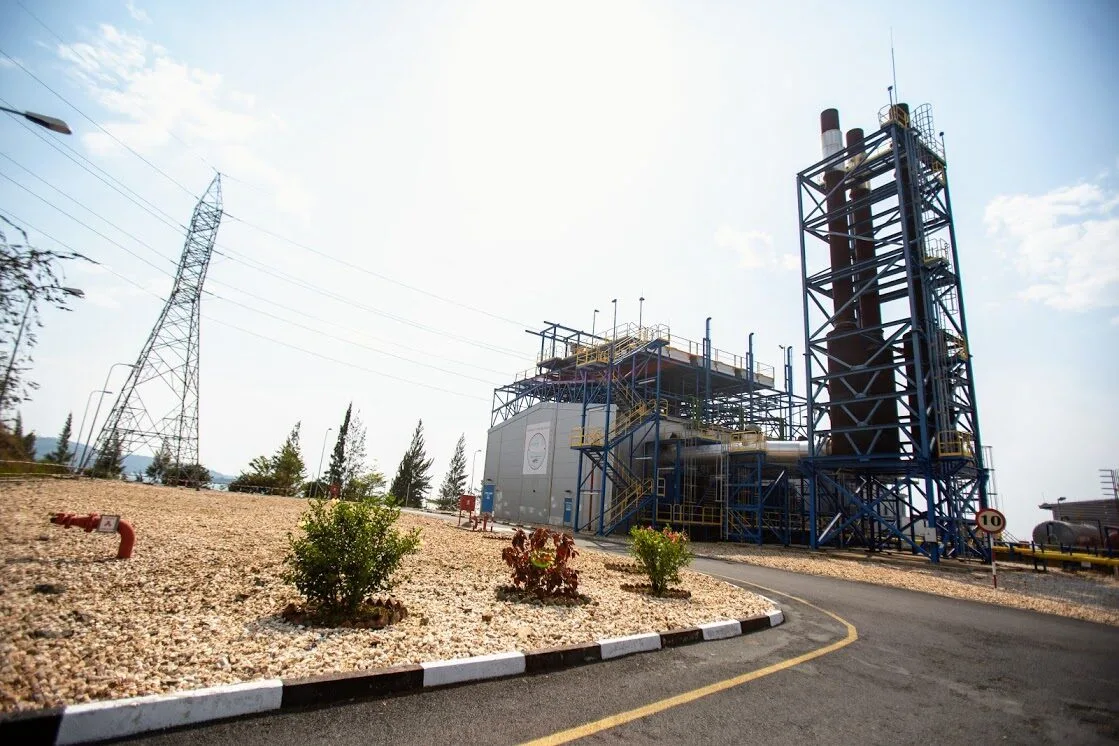
Over the last decade, Rwanda’s on-grid generation capacity has tripled, reaching 224.6 MW in 2020. Sources include hydroelectric (101 MW), diesel (60 MW), methane gas (31 MW), peat (15.5 MW), and solar (12.5 MW). There are also modest energy imports from DRC and Uganda.
Despite strong progress, there remain clear investment opportunities such as upgrading outdated substations and grid equipment, expanding and reinforcing transmission lines, especially in Kigali and underserved districts, supplying smart metering technology to improve payment compliance and energy tracking and with ongoing large-scale and regional energy projects already awarded, suppliers may find opportunities in infrastructure delivery and technical services.
Off-Grid Energy in Rwanda: The Frontier for Access and Innovation
Off-grid solutions play a crucial role in reaching remote communities. Rwanda’s National Electrification Plan (NEP) clearly defines zones suitable for Solar Home Systems (SHS) and mini-grids. SHS systems are more widely deployed, with 27 companies active in distribution as of 2019. However, affordability remains a major barrier: over half of the population earns less than USD 60/month, while a standard SHS costs between USD 50–100. This presents some key investment areas in off-grid energy, such as the development of shared or low-cost SHS models, Local production or assembly of solar kits, and deploying blended finance strategies to reach underserved populations and mini-grids are emerging as a solution for small clusters and institutions, offering potential for public-private partnerships and long-term returns.
Clean Cooking Solutions: a critical energy need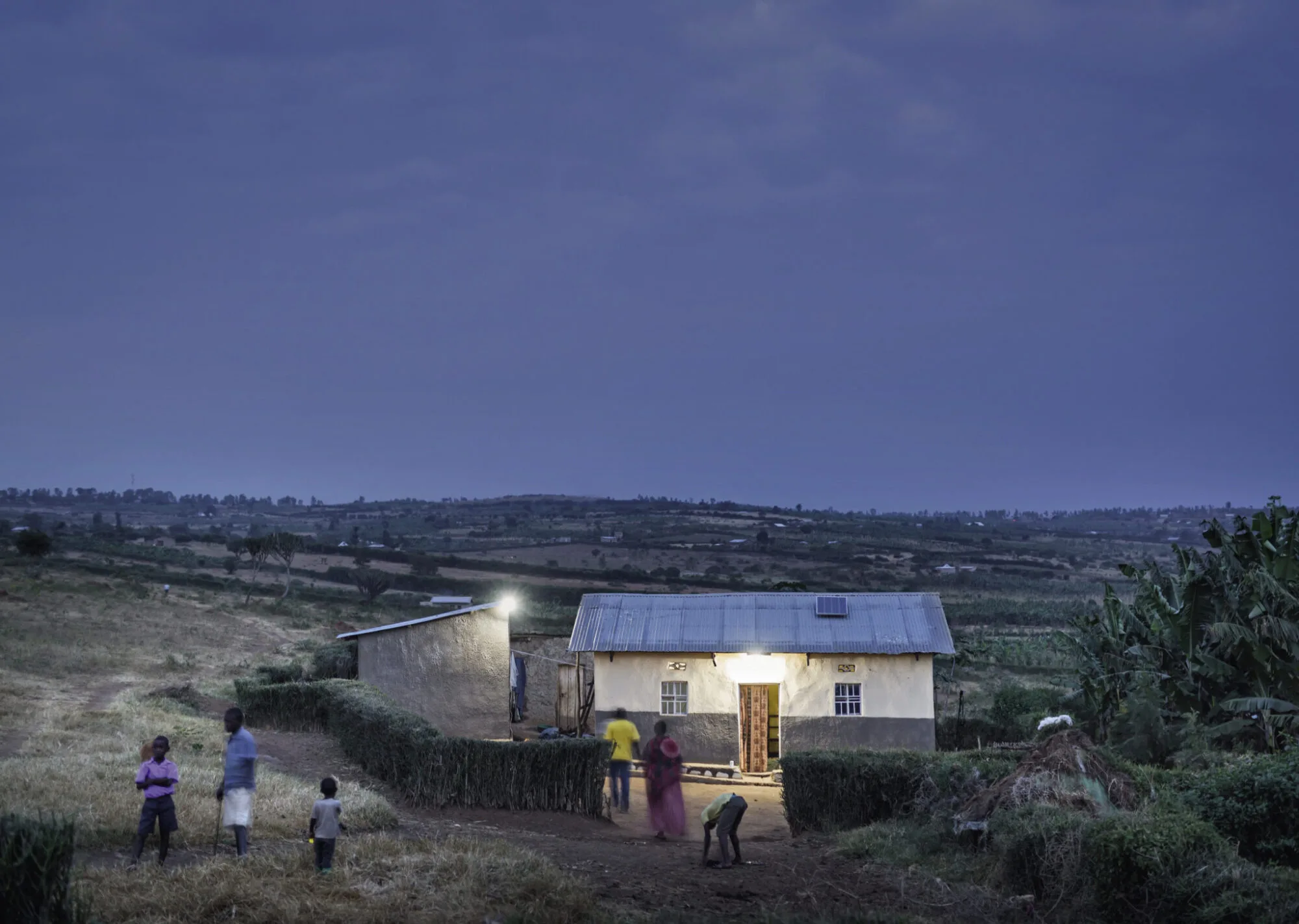
Clean cooking remains one of Rwanda’s most pressing energy and health challenges. Biomass fuels such as charcoal and firewood are still used by 98% of the population, contributing to respiratory issues and deforestation but also presenting investment opportunities for the private sector to explore. Key opportunities include developing affordable and efficient improved cookstoves (ICS) for low-income households, producing briquettes and pellets locally to reduce fuel costs.
The government is open to supporting enterprises through access to raw materials and targeted incentives, especially for businesses aligned with the national Biomass Strategy. Rwanda also offers a strong policy framework through the Energy Sector Strategic Plan (ESSP) and agencies like REG, EUCL, EDCL, and RURA. It actively supports private-sector participation and blended financing models. Additionally also the National Electrification Plan (NEP) maps where grid and off-grid developers can operate, reducing risk and ensuring clarity for investors.
–> Download the Rwanda Energy Business Opportunity Report <–
If you’re interested in investing in Rwanda’s energy sector, get in touch with TRAIDE Rwanda. We have experience in building partnerships that tackle development challenges, including energy access. Reach out to us at info@traide.org.



